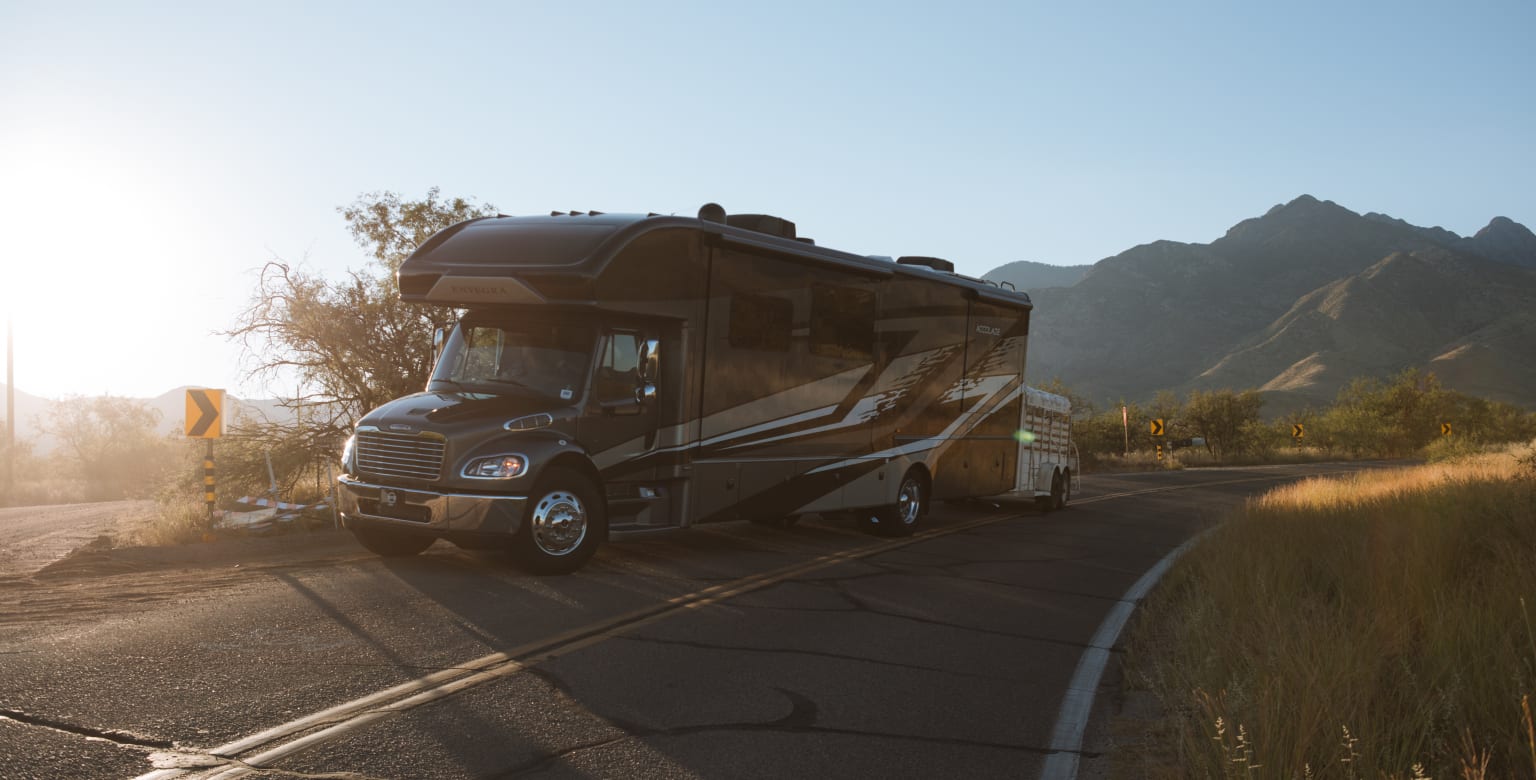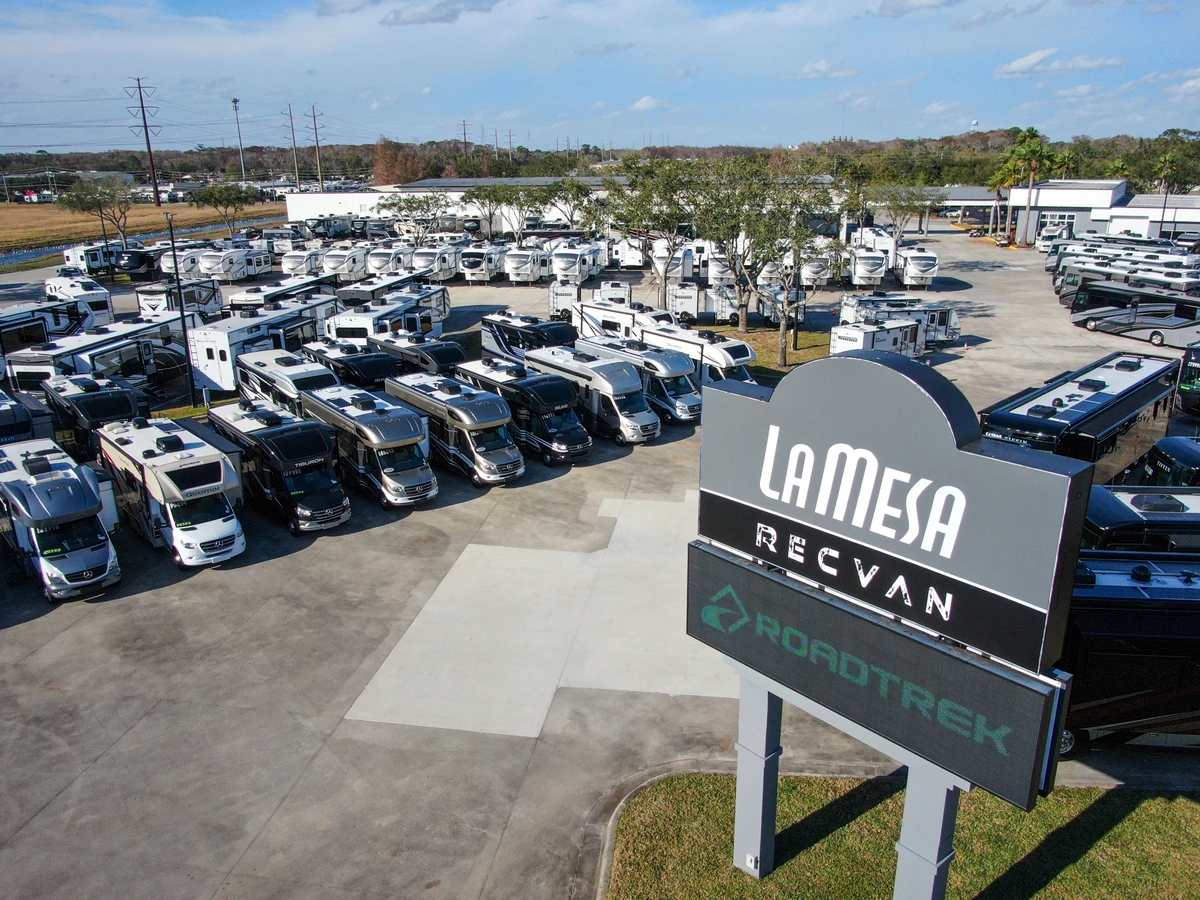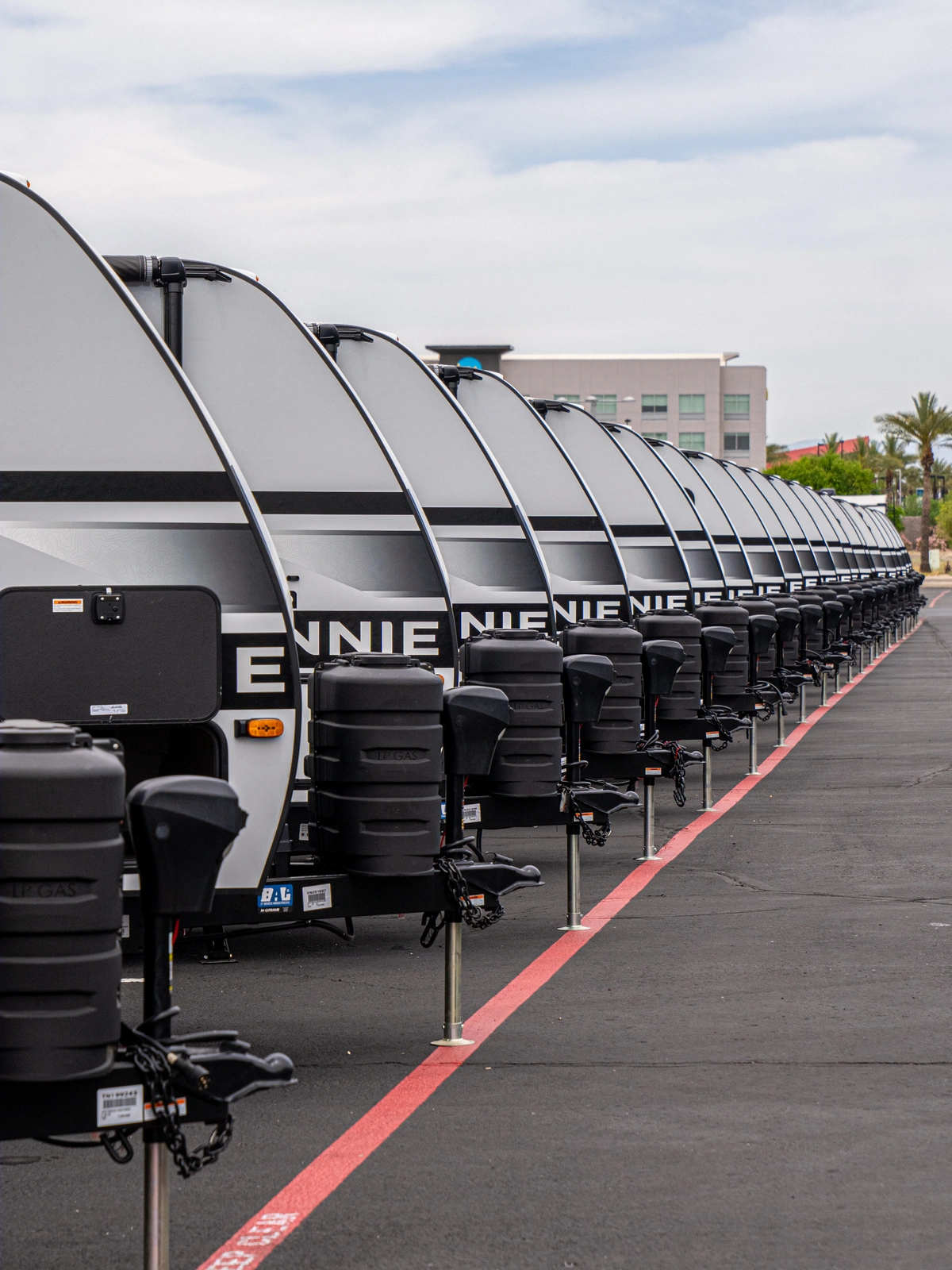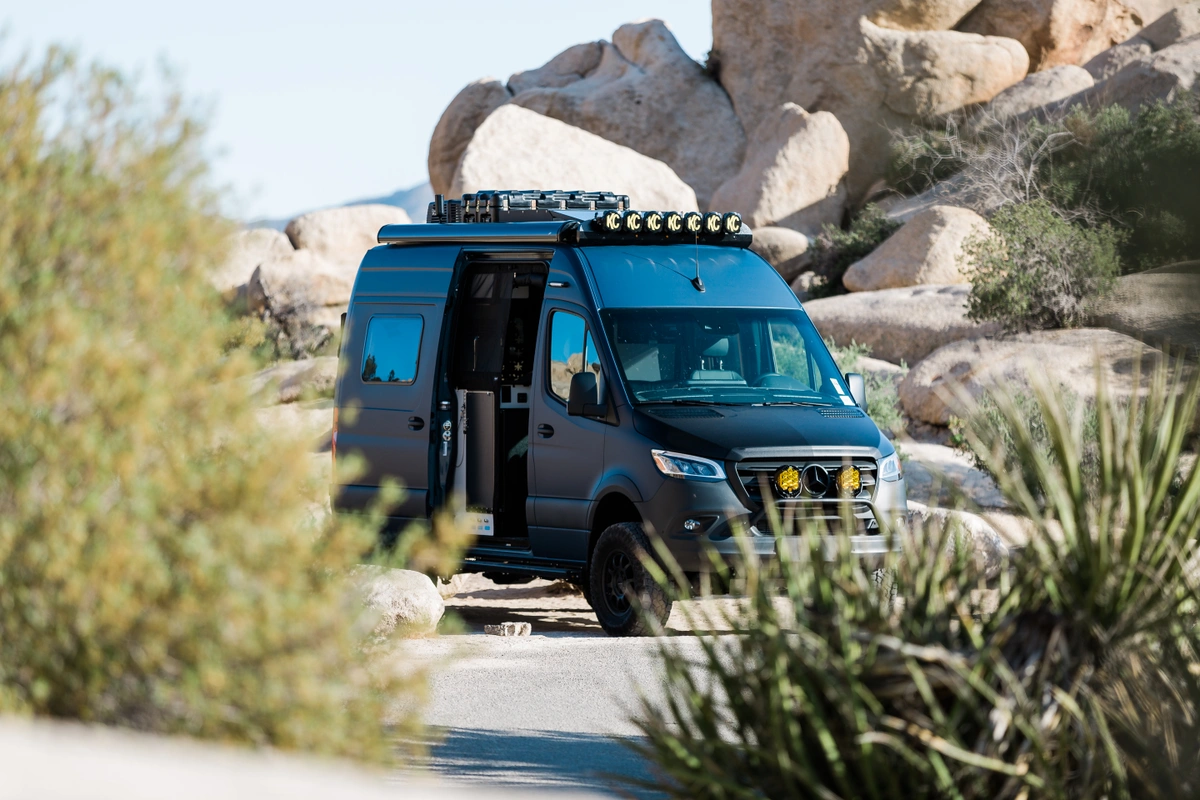Just like your car, an RV needs routine maintenance to keep things running smoothly. One of the most important things you can do to protect your investment is to properly care for its structure and systems. Doing so will ensure you can continue to use and enjoy your RV for years to come.
Of course, each RV manufacturer and model will have its own maintenance requirements. You should follow the recommendations in your RV owner’s manual to keep your rig in top condition. Here are some general tips to help you get started in caring for your RV.
Guest Post by Robin Buck
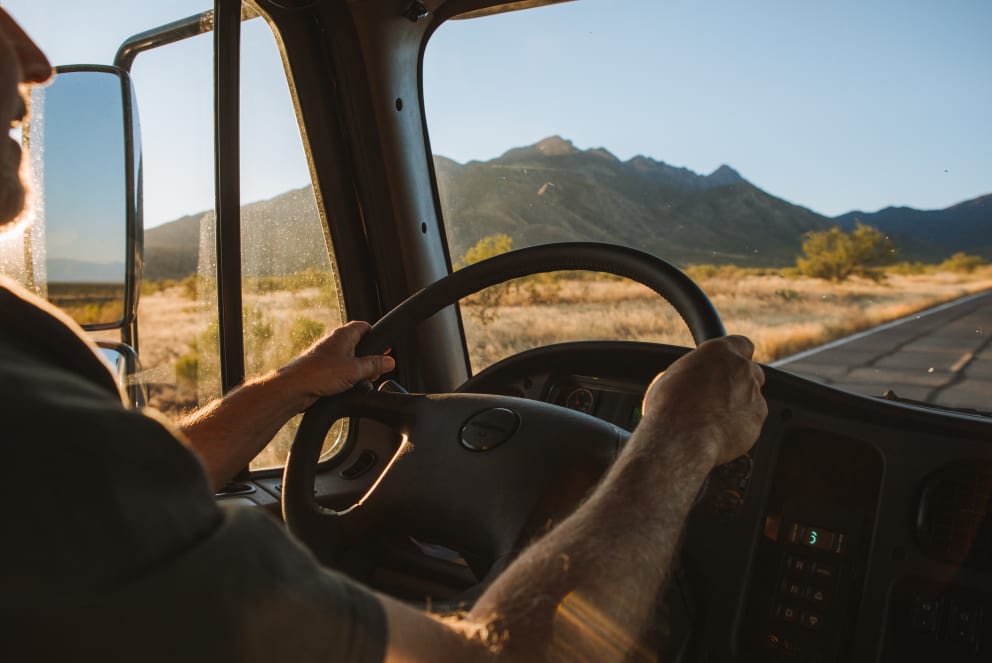
Checklists
We have checklists to help us remember the items that need to be done on our motorhome. There are some tasks that we do before each trip, some that are done on a monthly or quarterly basis, and then the annual ones. The yearly maintenance should be done before your travel season to ensure you are ready for fun adventures on the road. Here are some major systems to check each year:
Service the Engine and Chassis
If you have a drivable RV, a key task is to service the engine. This involves not only changing the oil, but also checking or replacing all fluids and filters (fuel, air, hydraulics, etc.). The chassis/suspension joints and bolts should also be thoroughly checked and lubricated. Taking good care of the mechanical parts is so important for an RV because it tends to sit for longer periods than a car. Regular maintenance avoids excessive wear and tear and makes sure everything is lubricated and running smoothly. The same goes for the generator if you have one.
Checking your RV batteries is another important, though frequently overlooked, annual task. Consult your owner's manual to see if your batteries are the type that need water or if they are maintenance free. Most RV batteries will need to be replaced after 3-5 years.
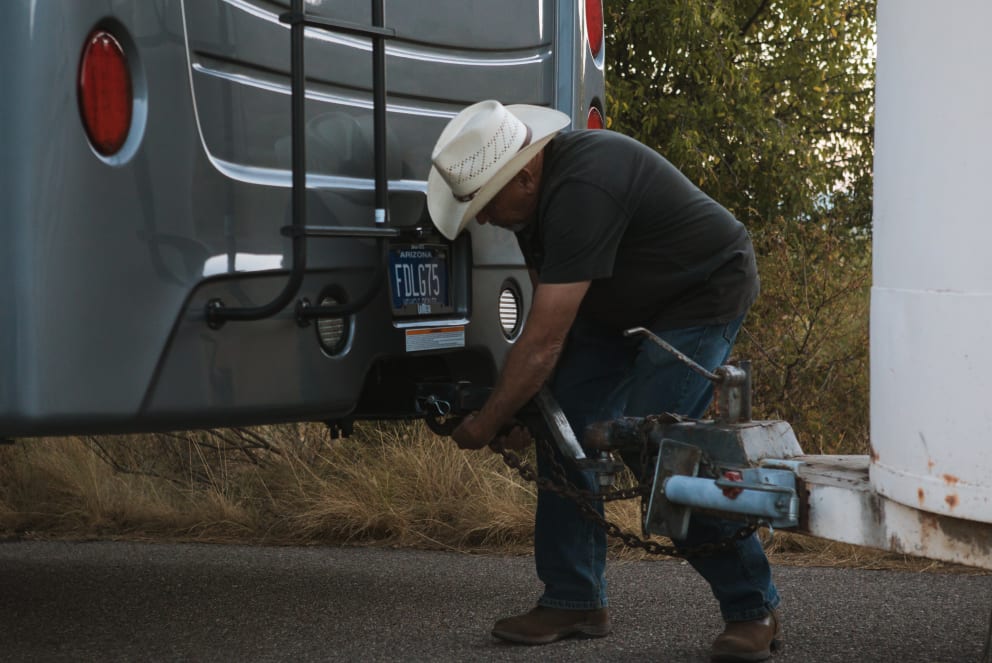
Check the Brakes and Tires
Your RV brakes should be checked and serviced annually too. Inspecting the brake pads and wheel bearings is part of this service. You definitely want your brakes to be working properly when you are driving down the road!
It's also a good idea to inspect your tire tread wear at this time. You want to look for uneven wear patterns, bald spots, or cracks. RV tires are usually good for about 5-7 years, but this varies greatly based on use and wear, and more importantly the tire manufacturer's requirements. Normally, tires “time out” well before the tread or wear becomes a problem.
Inspect Hitch and Towing Components
Whether you tow a travel trailer or 5th wheel or you drive a motorhome, the components that connect your vehicle to an RV are critical. Hitches can get cracks in the welds and bolts can work their way loose over time. The strain of towing can cause wear and tear that might not be obvious without a close inspection. We took advantage of Blue Ox's free safety inspection of their tow bar equipment; your tow bar company may do the same.
In addition to the towing components, you should also take a look at the electrical connections from your RV to vehicle. These connections transmit electrical signals so that brake lights, taillights, and turn signals are showing behind the tow vehicle. Making sure your lighting works correctly will help keep you safe while driving on the road.
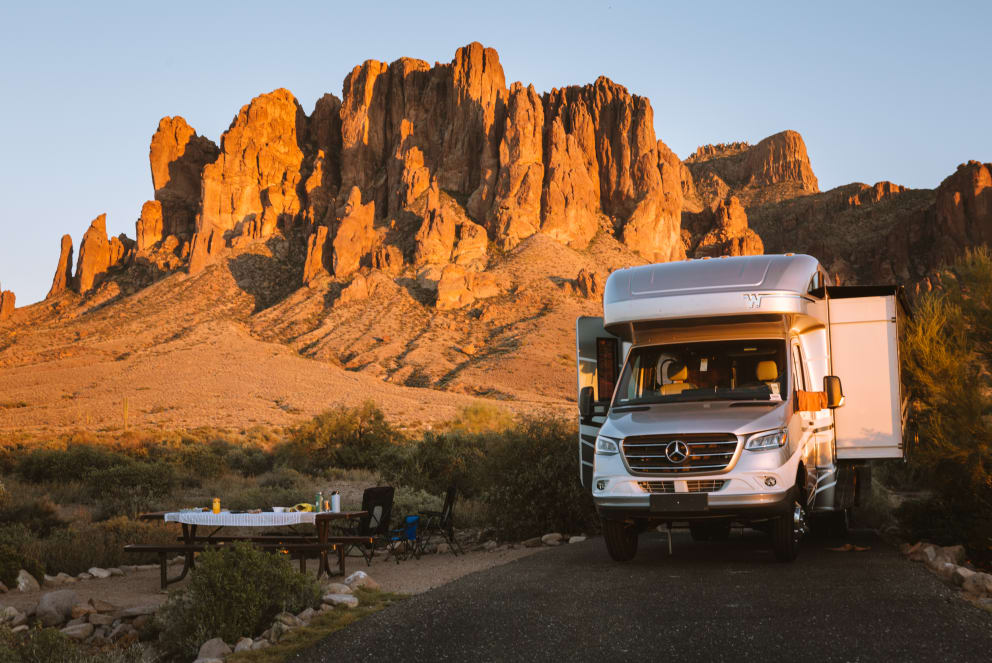
Examine the Roof, Seals, and Slide-Outs
Your RV roof does the important job of protecting the vehicle from the elements like sun, wind, and rain. Because you don't usually see the roof, many people forget to examine it for problems. Look carefully at the roof's seals and seams and repair any cracks with the sealant recommended by your RV manufacturer. Be sure to check around air conditioners, vents, and skylights to prevent any water damage due to leaks.
Speaking of leaks, after you check the roof, you should also check the RV seals and slide-outs. Window and door seals can erode over time and may need to be lubricated or have the molding replaced altogether. The rubber seals that allow your slides to go in and out should be regularly lubricated to keep them fresh and pliable. Worn or damaged seals should be replaced to ensure the slides will continue to pull in and out smoothly.
Sanitize the Water System
Most RVs come with freshwater, gray water, and black water holding tanks. At least once a year you should sanitize the freshwater system according to your manufacturer's directions to prevent bacteria growth. Chemical treatments for the gray and black tanks will help cut down on build up and odor.
Along with maintaining the water system, you should also do an annual service on your water heater. To make sure you always have hot water when you need it, water heater components need to be clean and free of debris. Often burner tubes get buildup on them so a good cleaning and inspection can keep everything working correctly.

Clean the Inside and Outside
Finally, doing a good deep cleaning inside the RV will make sure your camping season gets off to a fresh start. Don't forget the outside of the RV too. Regular washing and waxing helps to protect your investment from the harmful effects of road tar, weather, and UV rays. Finally, we always document our annual maintenance, so we remember what was done and when it happened for future reference.
These are just some of the general tasks that should be completed on an annual basis. Many can be done easily yourself, or you may be more comfortable seeking the help of a professional. Remember that the only wrong way is to NOT keep up with your RV maintenance. You'll be happy you took the time to make sure your RV stays in good condition so it will keep you traveling for many more years of camping enjoyment.
Robin and her husband, Mike, are Air Force veterans and empty nesters who travel full-time in their Entegra Anthem motorhome . Always ready to explore, they love nature and wildlife, meeting new friends, and discovering America's many hidden gems. Robin chronicles their adventures and experiences on her travel blog RVing with Robin.
